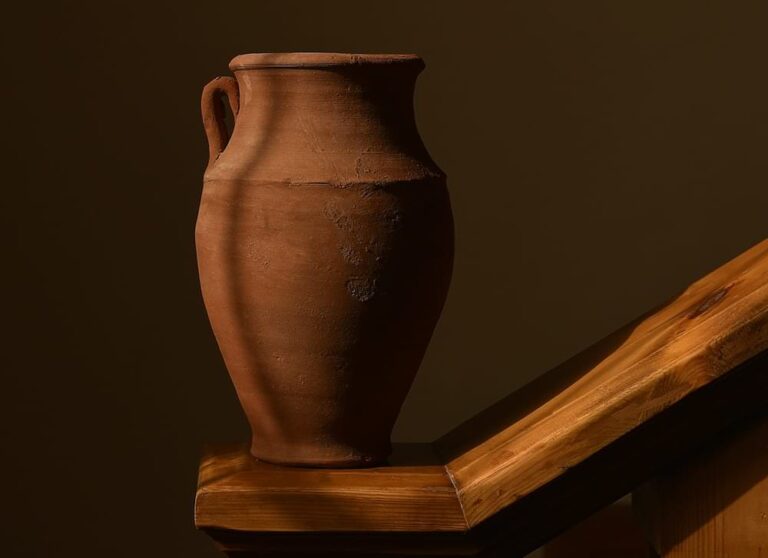-issime
The French Adjectival Ending “-issime”
The French suffix “-issime” is used to intensify the meaning of an adjective. When added to an adjective, it means “the most” or “extremely,” making the adjective express the highest degree possible of a particular quality. This suffix is equivalent to the English word “-est” or “most” when intensifying adjectives.
Meaning and Usage of “-issime”
The suffix “-issime” is not commonly used in everyday French but often appears in more formal, poetic, or playful contexts. When it is used, it gives an exaggerated or highly emphatic tone to the adjective.
- Example 1:
- Adjective: important (important)
- With “-issime”: importantissime (extremely important, very important)
- Example 2:
- Adjective: rare (rare)
- With “-issime”: rarissime (extremely rare)
- Example 3:
- Adjective: beau (beautiful)
- With “-issime”: bel(lissime) (extremely beautiful)
Origins of the Suffix “-issime”
The suffix “-issime” comes from the Latin superlative ending “-issimus”, “-issima”, “-issimum”, which were used to create the highest degree of adjectives. In Latin, for example, clarus (clear, bright) would become clarissimus (clearest, brightest). This Latin ending evolved over the centuries to become the modern French ending “-issime.”
Common Usage Tips
- “-issime” is usually added to adjectives that are already strong or descriptive. Adding this suffix is a way to emphasize the quality they describe.
- This form is more commonly used in literary works or when the speaker wants to express something in an exaggerated or humorous way.
- While the use of “-issime” can make language more expressive, it is less formal and can sound playful or hyperbolic.
Examples of “-issime” in Sentences
- Ce film est intéressantissime !
(This movie is extremely interesting!) - La collection est rarissime et coûte très cher.
(The collection is extremely rare and very expensive.) - Cette opportunité est importantissime pour notre projet.
(This opportunity is extremely important for our project.)






